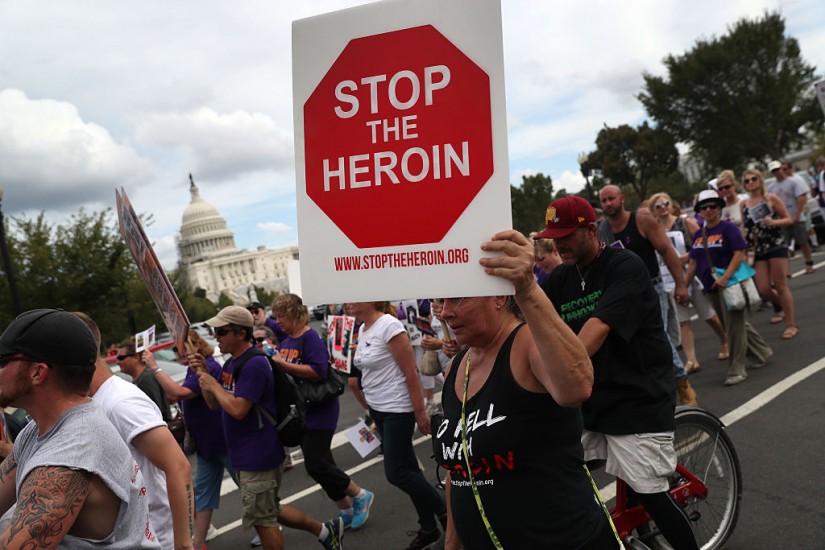Afghanistan isn’t the only one of America’s longest wars headed for a surge. A century into the war on drugs, the United States is awash in narcotics — a problem the president intends to solve with a wall, and Attorney General Jeff Session intends to solve without mercy. Just this week, Sessions urged a zero-tolerance approach to the drug war, contending that “We must not capitulate, intellectually or morally, to drug use.”
Like drug warriors before them, Trump and Sessions depict drugs as a foreign scourge inflicted by outside powers. But the latest public health figures indicate that nearly 92 million Americans — more than 1 in 3 adults — used a prescription opioid in 2015, with 11.5 million reporting misuse and nearly 2 million a disorder. Fatal overdoses are also skyrocketing. In 2015, overdoses claimed more lives than car accidents, and heroin killed more people than gun violence. The Trump White House now estimates that 142 Americans are killed by narcotics daily, the equivalent of a 9/11 attack every three weeks.
In short, the opioid epidemic is among the greatest threats facing the nation and the worst drug crisis in living memory.
America’s drug problem has a long history, and the causes of the present crisis are legion. But one stands out: the stubborn survival of the drug war. Serving as both a system of control and a style of political discourse, the drug war has turned the nation’s response to addiction into a zero-sum game between treatment and enforcement and consistently fixed the national gaze on criminal evildoers instead of the legal drug industry.
